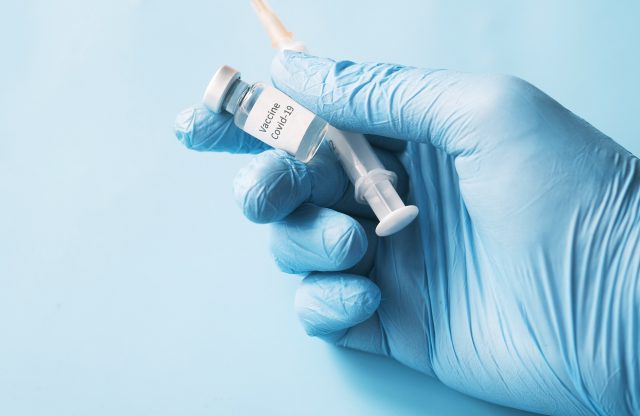Dr Robert Hess: Heavily mutated Covid variant has been identified.

Dr Robert Hess – 11/28/2021
Dr Robert Hess: Heavily mutated Covid variant has been identified, rapidly labelled a “variant of concern” and named Omicron.
Infection Omicron was first detected in South Africa last week, leading countries around the globe, including the United States, to impose travel restrictions on the southern African nation and at least seven others in the region. The new Omicron coronavirus variant kept spreading around the world on Sunday, with 13 cases found in the Netherlands and two each in Denmark and Australia, even as more countries tried to seal themselves off by imposing travel restrictions. The variant has now been detected in Britain, Germany, Italy, the Netherlands, Denmark, Belgium, Botswana, Israel, Australia and Hong Kong.
Omicron was first detected in South Africa last week, leading countries around the globe, including the United States, to impose travel restrictions on the southern African nation and at least seven others in the region. The new Omicron coronavirus variant kept spreading around the world on Sunday, with 13 cases found in the Netherlands and two each in Denmark and Australia, even as more countries tried to seal themselves off by imposing travel restrictions. The variant has now been detected in Britain, Germany, Italy, the Netherlands, Denmark, Belgium, Botswana, Israel, Australia and Hong Kong.
The discovery of Omicron, dubbed a “variant of concern” last week by the World Health Organization, has sparked worries around the world that it could resist vaccinations and prolong the nearly two-year COVID-19 pandemic. Omicron is potentially more contagious than previous variants, although experts do not know yet if it will cause more or less severe COVID-19 compared to other strains.
There have been many examples of variants that have seemed scary on paper, but came to nothing. The Beta variant was at the top of people’s concerns at the beginning of the year because it was the best at escaping the immune system. But in the end it was the faster-spreading Delta that took over the world. Beta was all immune escape and nothing else, Delta had infectivity and modest immune escape – Omicron potentially has both to high degrees.
What is this variant?
There are thousands of different types, or variants, of Covid circulating across the world. That’s to be expected because viruses mutate all the time. But this new variant, called B.1.1.529 or Omicron, has experts particularly worried because it is very different to the original Covid, which current vaccines were designed to fight. It has a long list of genetic changes – 50 in all. Of these, 32 are in the spike protein of the virus – the part which is the target of vaccines.
It is a rapidly evolving situation and we will keep you up to date with important findings. Omicron’s genetic profile has raised concerns, but there’s a shortage of real-world data that means nobody has the complete picture of what it can do.
Several vaccine manufacturers have announced measures against the new variant Omicron:
BioNTech and Pfizer are testing in the lab until about Dec. 10 how well their own already-approved vaccine protects against Omicron. If necessary, they will develop a vaccine adapted to the variant. Moderna is testing how well its licensed and the new variant-adapted vaccine candidates under development protect against Omicron. It is also directly initiating development of a vaccine adapted to Omicron. AstraZeneca is also evaluating how well its licensed vaccine protects against Omicron, according to the media report, and believes it can quickly develop an adapted vaccine if necessary. Janssen is also evaluating whether its own vaccine is protective, according to the media report. Novavax has started developing a variant of its own vaccine adapted to Omicron, according to the media report.
For now, this is just an update on the current situation and an initial assessment. In the course of the week, we will gain further insights and go into more detail on this topic. We will put current booster recommendations for our customers to the test again. Depending on how the situation develops, we may deviate from the original plan in some cases.

